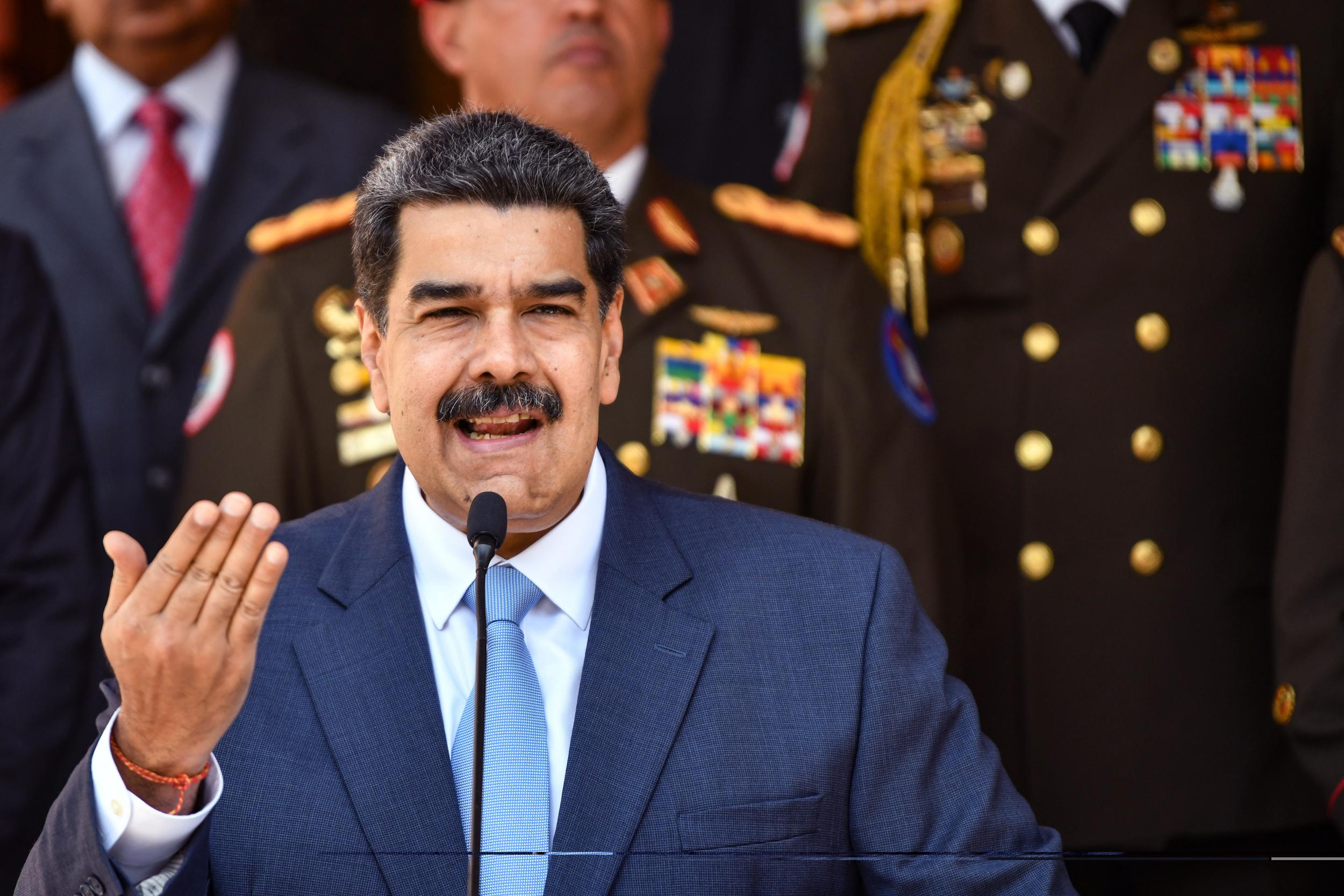The EU can help Venezuela move out of political deadlock
A humanitarian agreement would be important in its own right. But it could also have potential to move Venezuela’s deadlock in another direction, write David Smilde and Geoff Ramsey

It would have been comical, were it not so tragic. A ragtag team of mercenaries trained by former US Green Berets tried to enter Venezuela by force. Clearly infiltrated by Venezuelan intelligence, the attack was quickly put down. The political consequences are still unclear. However, the events underline just how desperate the situation has become. Numerous other military uprisings have been crushed; four efforts at negotiations have failed; an unpopular government is ratcheting down on a governance disaster; and a hapless opposition, unable to put forward a serious challenge for power, is losing support.
In the meantime, Venezuela is uniquely vulnerable to the Covid-19 pandemic.
According to the International Rescue Committee, the country has just eight hospital beds per 100,000 people, and only 84 ICU beds for its entire population of 30 million. So far Venezuela has been spared the worst of the pandemic. But it is not clear how long this will last before the tragic mathematics of exponential growth overwhelms Venezuela’s already collapsed medical and public health institutions.
The accompanying economic crisis is probably a bigger threat. Venezuela is now selling its oil at below the cost of production and remittances from abroad, which had become a central part of the Venezuelan economy, have slowed to a trickle. On top of this, the US Treasury has now focused on complicating the oil for gasoline swaps through which the Nicolas Maduro government had maintained a minimum supply in the country. This is impeding healthcare workers from getting to work, delaying the distribution of humanitarian aid and forcing farmers to allow their crops to rot in the fields.
In the midst of this new iteration of a longstanding crisis, there are significant civil society voices calling for a humanitarian agreement that could set politics aside to address the urgent needs of the population. A truce between the two governments could allow access to considerable resources in bank accounts that have been frozen outside of Venezuela and might also open the door to multilateral development banks.
A humanitarian agreement would be important in its own right. But it could also have potential to move Venezuela’s deadlock in another direction. Past conflict resolution processes have shown that collaboration on humanitarian issues can build trust and the willingness to address larger themes.
Despite interest among moderate elements of both Chavismo and the opposition, and polling data that consistently shows a majority of Venezuelans prefer a political accord between the two sides, the potential for such an agreement has been hamstrung. The Maduro government seems ideologically unable to recognise and engage with an alternative political force and cannot be trusted to take advantage of an agreement in good faith. Maduro’s incentives to strike a deal are still relatively low, given the support it receives from international allies such as Russia. The opposition is bound to the US government’s “maximum pressure” campaign, and taking credit for any agreement could create tension with the Trump administration as well as with hardline elements of Venezuela’s diaspora — who are highly vocal on social media.
The European Union has the potential to break through this tragic situation. If EU countries were to push the United Nations to exercise a more assertive role in the conflict, an agreement could be implemented that limited the politics around it. And if the EU were to facilitate talks between international stakeholders, most particularly between the US and Russia, it could reorder the international sponsorship that has reduced the interest of each side in coming to agreement.
Josep Borrell, the EU’s high representative for foreign affairs and security policy, has noted the decline of US hegemony has created space for a new multipolar order, “and in that new order that would need to be built out of the global disorder, Europe could play a role.”
Venezuela’s crisis provides an important opportunity to develop such a global role for Europe moving forward. Doing so will not be easy, but there is growing support via the International Contact Group and other regional bodies to advance a meaningful solution.
There are no miracles in intractable conflicts like Venezuela’s. But there is a cost to inaction.
David Smilde is the Charles A and Leo M Favrot professor of human relations at Tulane University and senior fellow at the Washington Office on Latin America; Geoff Ramsey is director for Venezuela at the Washington Office on Latin America
Join our commenting forum
Join thought-provoking conversations, follow other Independent readers and see their replies
Comments